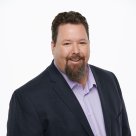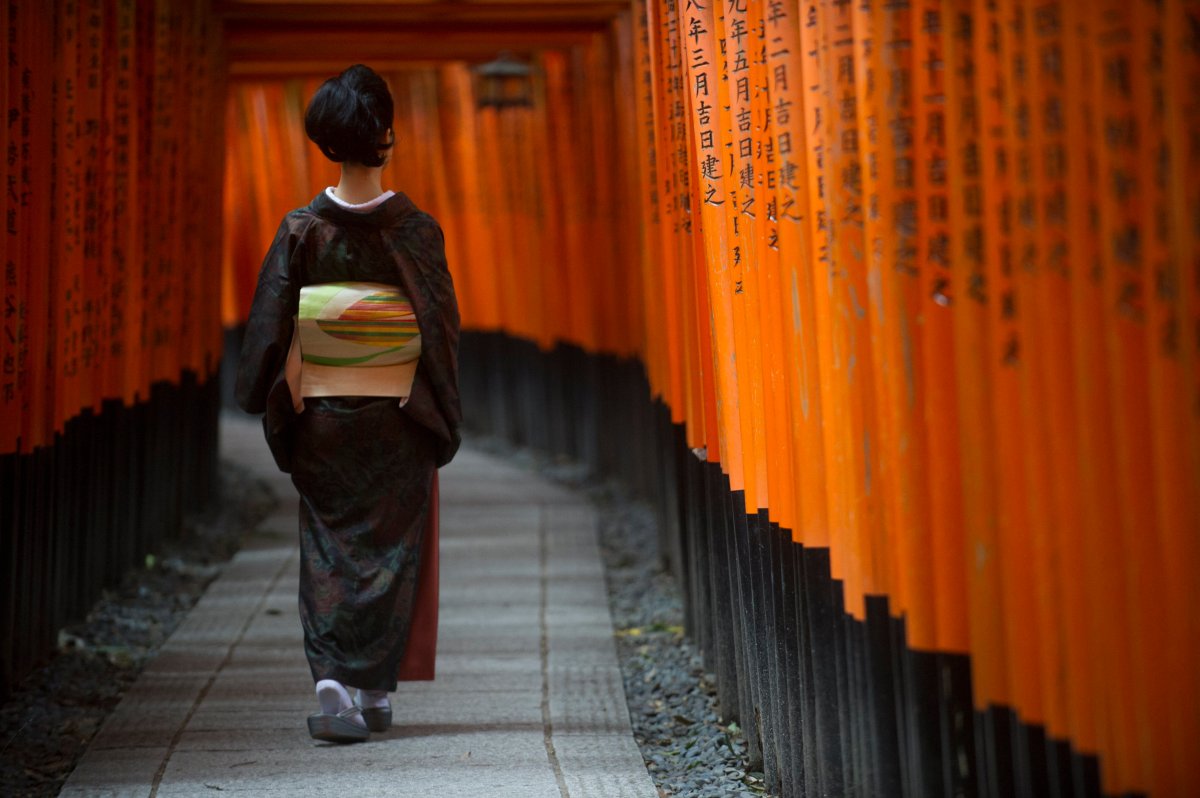
In June, I will be travelling to Kyoto, Japan, for the fifth World Parkinson Congress (WPC). WPC is a global Parkinson’s event that opens its doors to all members of the Parkinson’s community, from neurologists and researchers to those living with the disease. Since my diagnosis in August 2017, I’ve launched the podcast When Life Gives You Parkinson’s. As an extension of that podcast, I have teamed up with the World Parkinson Coalition to help preview WPC 2019.
In this episode, Jill Ames-Carson, co-chair of the ambassadors’ program, can’t say enough good things about the congress.
“The World Parkinson Congress changed my whole life and how I live with Parkinson’s. It gets everybody ‘Parkinson’s’ in the same room together, which is an absolutely amazing feeling because you know you’re not alone,” Ames-Carson said.
She suggests that those who are planning to attend review the program online or download it before landing in Kyoto. The thermometer next to each session indicates the level of scientific discussion. The other symbols let you know whether the session discusses basic science, clinical science or comprehensive care.
“As a person with Parkinson’s, I would really advise you to attend things you’re interested in,” Ames-Carson said.
- B.C. to ban drug use in all public places in major overhaul of decriminalization
- 3 women diagnosed with HIV after ‘vampire facials’ at unlicensed U.S. spa
- Solar eclipse eye damage: More than 160 cases reported in Ontario, Quebec
- ‘Super lice’ are becoming more resistant to chemical shampoos. What to use instead
Dr. A. Jon Stoessl, co-chair of WPC 2019, agrees, noting that some of the presentations will be very scientific.
“It’s important for the meeting to be a top-notch scientific meeting, and we truly believe that it is and so there are sessions that are targeted, really, only towards scientists,” Stoessl said.
This year, among the world-renowned researchers and neurologists, there will be a Nobel Prize winner.
In our discussion, Stoessl mentioned the pre-congress courses. These are full-day courses that take place Tuesday, June 4. You can see what is being offered by visiting this page on WPC2019.org website.
Both Stoessl and Ames-Carson talked about pacing yourself. There is a lot to do, but if you have Parkinson’s, you will want to build in downtime. If you need a break from sitting through educational sessions, the WPC has a variety of spaces where you can recharge or get some exercise. You can learn more about that on the wellness page of the website.
As you prepare for your trip, Ames-Carson suggests packing a pen, a pad of paper and some small gifts from your home country to offer to new friends you’ll meet. The WPC offers other tips in its online travel tool kit.
In each episode of the WPC 2019 podcast, I’m going to check in with James Heron, executive director of the Japanese Canadian Cultural Centre, to teach us a new word or phrase and help us better understand the culture so we can avoid embarrassing ourselves or offending our hosts.
This week, we start with a simple hello. But, it’s not so simple. Depending on the time of day, Japanese has three different greetings.
In the morning, until around 11 a.m., the full formal greeting is ohayô gozaimasu. Informally, you can also use ohayô. From about 10 a.m. to 5 p.m., the appropriate greeting is konnichiwa. In the evening, konbanwa, is the greeting that is most invoked.
Pronunciations of these phrases can be heard by searching online. A key thing to keep in mind when saying phrases in Japanese is to be sincere, speak slowly and be polite — simply making the attempt to speak Japanese will be appreciated.
Heron also notes that silence is an important part of the communication approach. The Japanese have a saying that goes: “Words separate and silence unifies.”
Citing studies by other linguists, Heron cautions us that North Americans are less comfortable with the amount of silence we allow to pass in conversation before feeling a need to fill the void.
In Japan, the acceptable amount of silence is over four seconds, but for North Americans, after three-quarters of a second, we begin to feel a sense that the communication is dying and we need to say something.
If we fill those silences too quickly, we muddy the communication waters.
—
Follow me, Larry Gifford
Twitter: @ParkinsonsPod
Facebook: Facebook.com/ParkinsonsPod
Instagram: @parkinsonspod
For more information on the World Parkinson Congress, head to www.WPC2019.org
Facebook: Facebook.com/WorldPDCongress/
Twitter: @WorldPDCongress
YouTube: WorldPDcongress
Instagram: @worldpdcongress
Thank you to:
Jill Ames-Carson, co-chair of World Parkinson Congress Ambassador’s Program 2019
Dr. A. Jon Stoessl, co-chair of World Parkinson Congress 2019
James Heron, executive director of the Japanese Canadian Cultural Centre
If you have a comment or question about the podcast, you can email us at parkinsonspod@curiouscast.ca.
When Life Gives You Parkinson’s was selected as one of Apple’s best podcasts of 2018.
We LOVE that you are loving the “When Life Gives You Parkinson’s” podcast! If you haven’t subscribed yet — what are you waiting for?
Subscribing’s easy! Here’s how…

- Open the Apple Podcasts app, search for “When Life Gives You Parkinson’s” and select it from the list of results.
- Once on the When Life Gives You Parkinson’s page, click the “Subscribe” button to have new episodes sent to your mobile device for free.
- Click the name of an episode from the list below to listen.

- Open the Google Podcasts app, search for “When Life Gives You Parkinson’s” and select it from the list of results.
- Once on the When Life Gives You Parkinson’s page, click the “Subscribe” button to have new episodes sent to your mobile device for free.
- Click the name of an episode from the list below to listen.













Comments